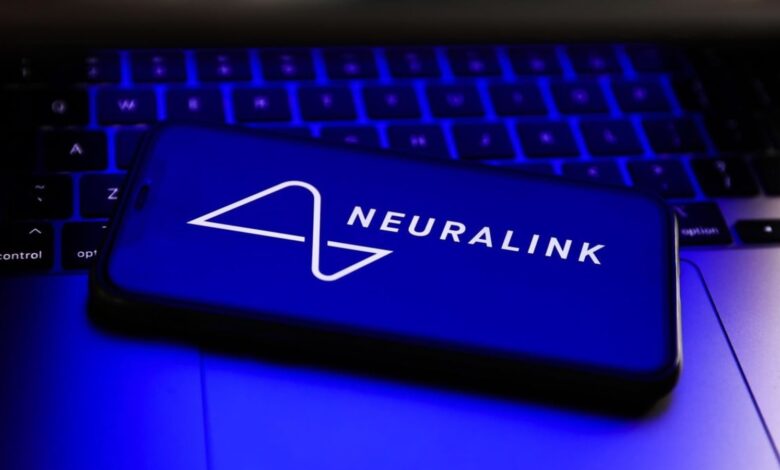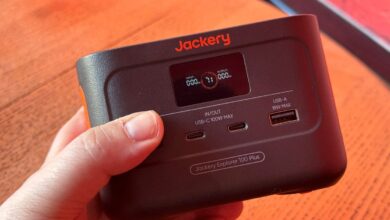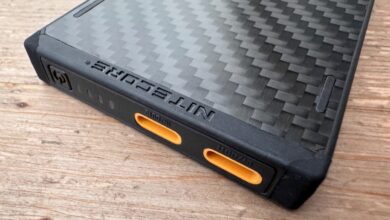Elon Musk’s Neuralink says second brain implant ‘went well’; patient can now design 3D objects

Neuralink Corp., Elon Musk’s brain-computer company, said its second human implant surgery “went well” and the patient can now design 3D objects and play video games like Counter-Strike 2.
The procedure also appears to have been successful in preventing a problem that plagued the first patient, Noland Arbaugh, who suffered an unexpected complication due to the electrode fibers retracting from his brain.
“To reduce the possibility of thread shrinkage in the second participant, we implemented several mitigation measures, including reducing brain movement during surgery and narrowing the gap between the implant and the brain surface,” the company said in a blog post.
In Arbaugh’s case, Neuralink made post-surgery software adjustments to mitigate this issue.
The company said it is working on new capabilities for its brain interface device, called Link, which currently allows patients to control a cursor on a screen and digital devices, clicking one at a time. In the future, Link will be able to decode multiple motion intents simultaneously and recognize handwriting intents to help patients write faster.
“These capabilities could not only restore digital autonomy to people who cannot use their limbs, but also restore communication to people who cannot speak, such as those with neurological conditions,” Neuralink writes.
Currently, the Link device is designed for patients with quadriplegia and other conditions that severely limit mobility. Musk said the Neuralink implant could eventually help enhance the abilities of healthy people, such as helping with memory recall.
The blog post named the patient as Alex and identified him as a former auto technician with a spinal cord injury. He left the hospital, Barrow Neurological Institute in Phoenix, a day after undergoing surgery. Alex is now able to use computer-aided design software to design a custom mount for his Neuralink charger, the company said.
Musk said he hopes to get the device into more patients later this year. The participants are part of Neuralink’s Prime study, an investigational medical device trial.
One more thing! We are now on WhatsApp Channel! Follow us there so you never miss any updates from the tech world. To follow HT Tech channel on WhatsApp, click This to join now!




